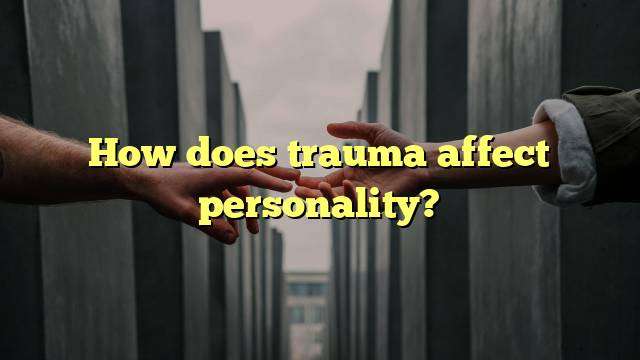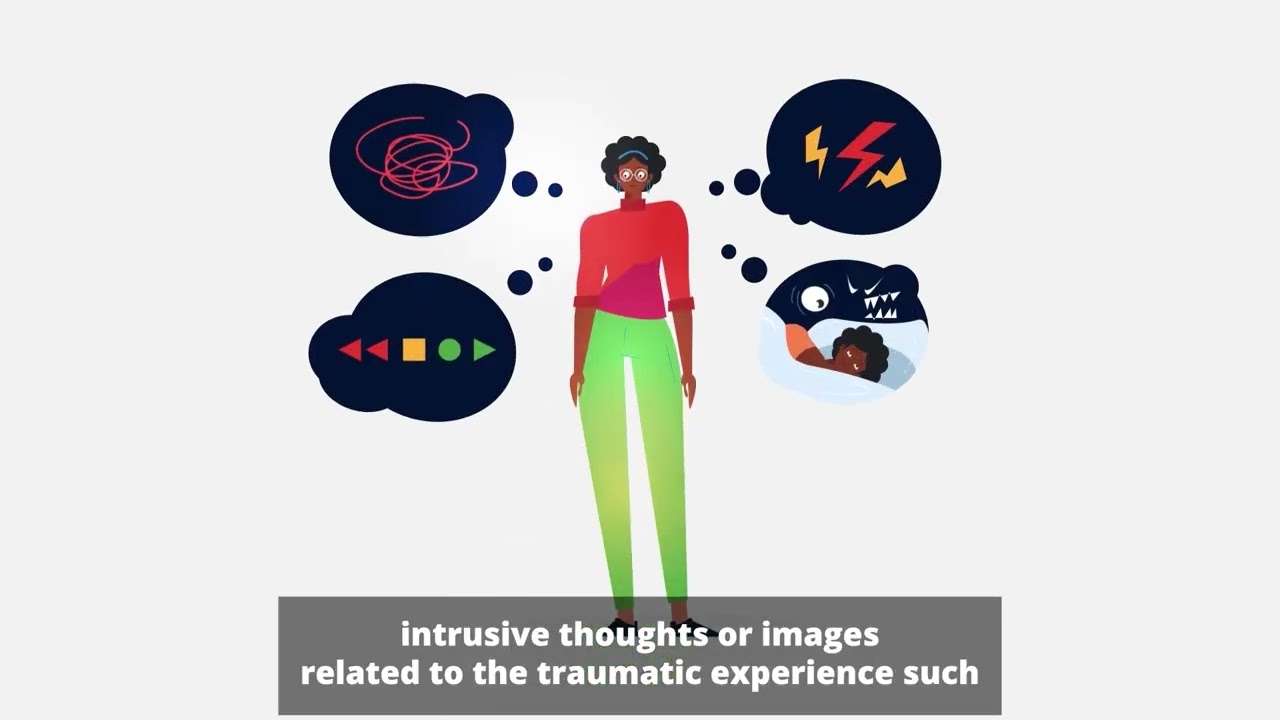Trauma and Personality: How Does Trauma Affect Our Lives?
Trauma can be defined as an experience of intense fear or distress caused by a physical or psychological event. It can have a profound effect on our lives, from how we think, feel, and act in the moment, to the lasting impression it may have on our personality and our behavior in the long term. In this article, we will explore the relationship between trauma and personality, and how trauma can affect our lives.
What is Trauma?
Trauma is a form of psychological injury caused by a threatening or distressing event, such as a natural disaster, a violent crime, or a major life change. It is often accompanied by feelings of shock, fear, and helplessness, and can have a lasting impact on our mental health. Trauma can manifest in a variety of ways, from flashbacks and intrusive thoughts, to difficulty regulating emotions and difficulty forming relationships.
How Does Trauma Affect Personality?
Research examining retrospective reports of trauma in childhood and measures of adult personality has found that individuals reporting a history of trauma report significantly higher levels of neuroticism and openness to experience (Allen & Lauterbach, 2007). Neuroticism is characterized by high levels of emotional reactivity, such as anxiety, sadness, and irritability. Openness to experience is associated with being creative, curious, and open to new ideas.
Individuals who have experienced trauma may also have difficulty with self-regulation and impulse control, as well as difficulty forming and maintaining relationships. They may have difficulty trusting others and difficulty expressing emotions. Additionally, they may be more prone to substance use, self-harm, and other risk-taking behaviors.
How Can We Help Those Who Have Experienced Trauma?
The effects of trauma can be long-lasting and difficult to overcome, but there are a number of interventions that can help individuals cope with their symptoms and regain a sense of control over their lives.
Cognitive Behavioral Therapy (CBT) is a type of psychotherapy that focuses on helping individuals identify and challenge unhelpful thoughts and replace them with more helpful and realistic ones. It can help individuals to manage their emotions and thoughts, as well as build skills in problem-solving and communication.
Eye Movement Desensitization and Reprocessing (EMDR) is a form of therapy that uses eye movements or other forms of bilateral stimulation to help individuals process and work through traumatic memories and experiences.
Medicine can also be used to treat the symptoms of trauma, such as anxiety and depression. There are a number of medications available that can help individuals manage their symptoms and improve their quality of life.
Conclusion
Trauma can have a significant impact on our lives, from the way we think and feel in the moment, to the lasting impression it may have on our personality and behavior. It is important to understand how trauma can affect our lives, and how we can help those who have experienced trauma. Cognitive behavioral therapy, EMDR, and medicine can all be effective tools for helping individuals cope with the symptoms of trauma and regain a sense of control over their lives.




